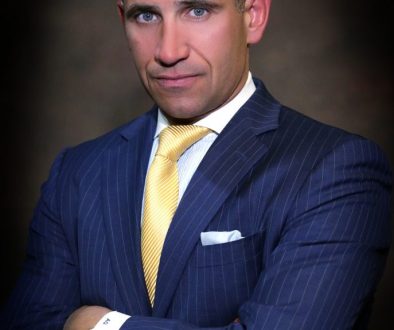Liquor Laws And The Burden Of Proof In Pa
In Pennsylvania, the law imposes an obligation (a legal duty) on individuals or establishments who serve alcohol. Most believe that this obligation only applies to bars, restaurants, and other drinking establishments but this is simply not true. While the law holds licensed establishments to a higher standard there are situations where a private person (a social host) could be liable for alcohol served in their home or at an event.
Pennsylvania’s liquor code, Section 4-493 (Dram Shop Law) imposes liability on licensed establishments that serve alcohol to any visibly intoxicated person, any minor, any habitual drunkard, or any person who exhibits clear mental incapacities (i.e. insane). While most understand that it is illegal to serve a minor they do not understand what they must establish to hold a bar liable for injuries that result from consuming alcohol.
In Pennsylvania the law will only hold an establishment liable if the Plaintiff (the person bringing the lawsuit) can show by a preponderance of the evidence (more likely than not) that the person who was served the alcohol was visibly intoxicated. Visible intoxication is the major issue and the major hurdle which a plaintiff must overcome to successfully bring a lawsuit. In addition to this element the plaintiff must also establish that the intoxication proximately caused the plaintiff’s injuries. The plaintiff can be the person who was served the alcohol, the person injured by the person who was served the alcohol, or both.
Establishing proof of visible intoxication is often difficult but very possible if your attorney, through his investigator, carefully reviews all of the circumstances surrounding the incident and reconstructs it. Courts will not allow a plaintiff to establish liability merely through the results of chemical tests because legal intoxication does not necessarily equate to visible intoxication. Chemical tests, however, combined with a witness’ observations are very powerful and, alone, could cause a defendant bar to settle the case prior to trial.
If the case does proceed to trial it is important that your attorney pursue a claim under the liquor liability statute as well as a claim under common law negligence. Common law negligence would be allegations that the bar failed to properly train its employees and failed to implement the procedures to prevent the incident from occurring. While common law negligence could be considered weaker and possibly even applicable it provides your attorney with another avenue to either a settlement or a verdict in your favor.
While the law does not hold a social host to the same standard as licensed establishment, a person who provides alcohol within their home or at an event are potentially liable where attendee/consumer is a minor. In these situations Pennsylvania Courts will evaluate the case based on the following: (1) the social host’s intent to furnish, agree to furnish or promote the furnishing of alcohol to a minor; (2) did the social host’s intentions result in the minor’s consumption; (3) were the social host’s actions the substantial factor which led to the minor’s consumption.
In closing liquor liability can result in a civil action and criminal charges. All parties in these cases need representation. If you are a victim or a defendant speak to an attorney before determining a course of action. This will ensure that your rights are protected and puts you in the best position to obtain a favorable outcome.
Contact Our Criminal Defense Lawyers in PA & NJ
Please click here to contact our Philadelphia criminal defense lawyers. We offer free case reviews and serve the following areas in Pennsylvania and New Jersey, Atlantic City, Camden, Cherry Hill, Chester, Conshohocken, Doylestown, Media, Norristown, Philadelphi



